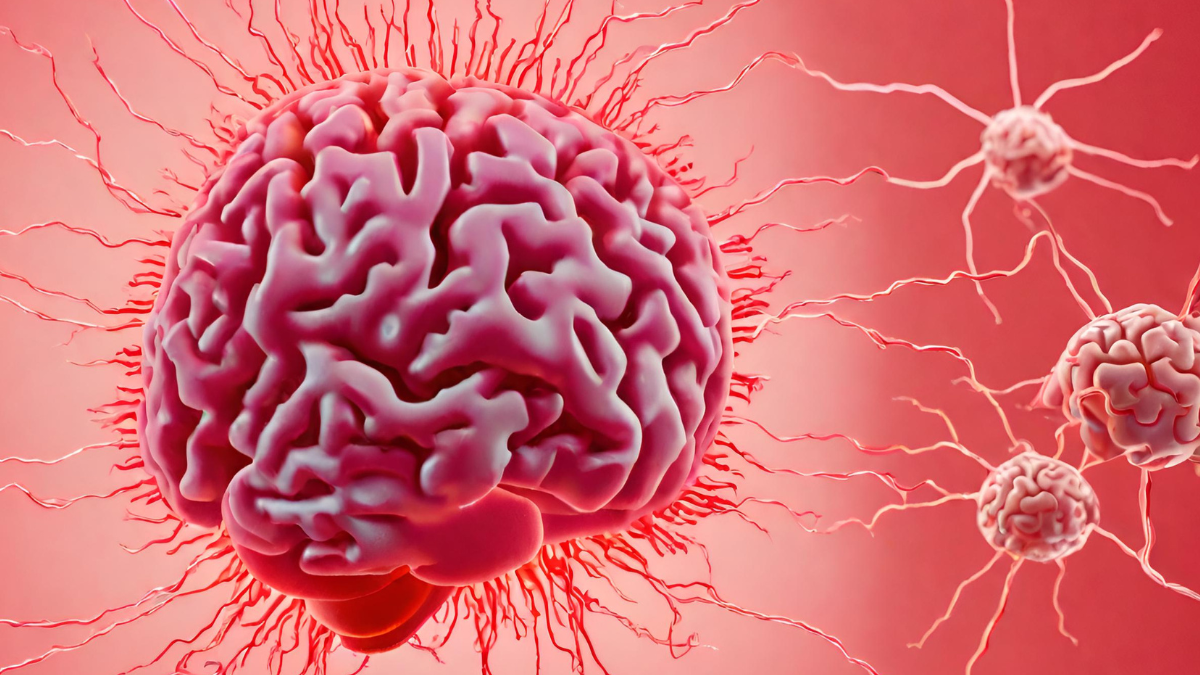The researchers predict that the biomarkers may be the therapeutic target spot for covid 19 and other infections that cause acute brain damage or dysfunction.
COVID 19 Induces Brain Damage :
COVID-19 is inducing a few markers that cause brain injury in the patients who got affected even after several months of infection. Moreover, few studies have revealed that even blood tests measuring inflammation result in normal conditions.
There was research carried out by a few researchers from universities in the UK, which explained that there are a few notable symptoms that are quickly developed, and a few inflammatory proteins and brain injury markers are being produced during the acute phase of the viral infection.
Initiative and Goals of the Research :
An organized research known as the ISARIC WHO Clinical Characterization Protocol for Severe Emerging Infections in the UK (CCP-UK) focused on the COVID-19 hospitalized patients in England, Wales, and Scotland.
The study’s goal was to investigate people with neurological disorders, which are defined by the onset of the illness six weeks following an acute SARS-CoV-2 infection and the lack of other commonly associated causes. The results suggest the possibility of autoantibodies playing a role in the immune system’s response to COVID-19.
According to the journal released :
The basic idea of the study was that, In spite of diminished immune and self-antibody responses, para-infectious brain damage in COVID-19 patients continues, comprising 203 hospitalized participants.
In individuals with neurological problems, the study discovered elevated indicators of brain damage, inflammatory mediators, and autoantibodies, indicating dysregulated immune responses and neuroglial injury.
Hospitalized individuals have experienced major neurological consequences as a result of the COVID-19 pandemic, including encephalitis, encephalopathies, seizure, and stroke. Viral infection of the brain cannot be detected by immunohistochemistry in an autopsy investigation.
Immune mediators have been discovered to correlate with brain injury indicators and to indicate a hallmark of neurological problems linked with COVID-19 in a research evaluating the association between host immune response and brain damage markers with neurological injury.
The results of ISARIC CCP-UK :
In comparison to healthy, unaffected controls, COVID-19 participants with abnormal Glasgow Coma Scale scores had higher serum levels of potential biomarkers, according to a study from the International Severe Acute Respiratory and Emerging Infection Consortium Clinical Characterization Protocol UK (ISARIC CCP-UK).
Markers of brain damage remain increased in the early and late convalescent periods of individuals healing from neurological problems, indicating persistent injury to the neuroglia.
In both the acute and recovery stages of a research on the neurological consequences of COVID-19 infection, participants with and without neurological problems had higher levels of certain brain damage indicators.
These indicators changed according to the presence or absence of neurological damage or dysfunction and displayed distinct patterns with the illness phase.
All four brain damage indicators were raised in the acute period, with lower consciousness subjects showing considerably greater injury markers. Potential biomarkers were enhanced in COVID-19 recovery individuals during the early convalescent period.
Light on pathogenesis :
The research sheds light on the biology and pathogenesis of COVID-19-related brain damage, dysfunction, and illness. Neurological damage is both acute and continuous, as evidenced by the clinical features of participant cohorts and the increase in brain injury indicators.
Immunosuppressive medications reduced neurological cases :
The decrease in neurological cases that has taken place following the pandemic’s initial wave might be caused by immunosuppressive medications or mutations in the SARS-CoV-230 strain.
Although the inflammatory mediators of the acute phase are consistent with previous studies, nothing is known about the connections between these responses and neurological problems.
The late microtubule rise is associated with pro-inflammatory molecules, suggesting a systemic inflammatory response. Antibody production increases during infection, however autoantibody frequencies are very low.
